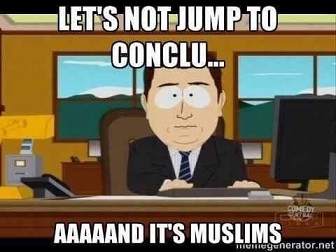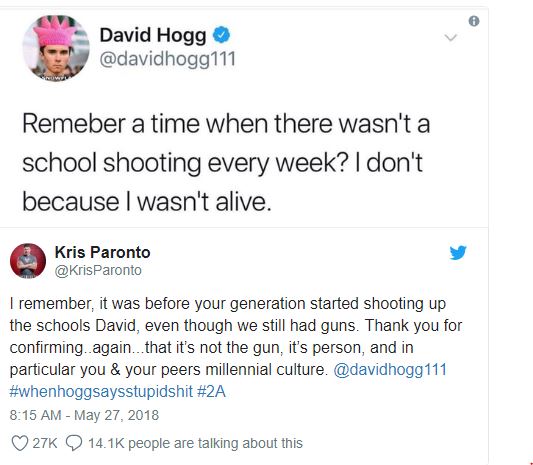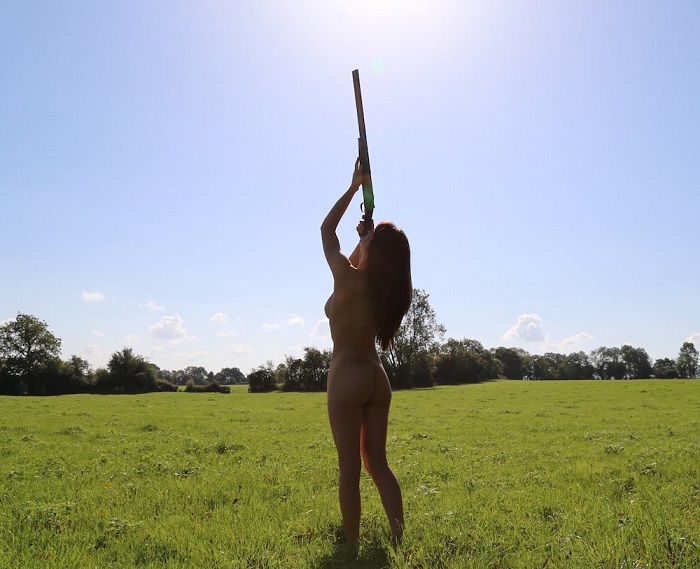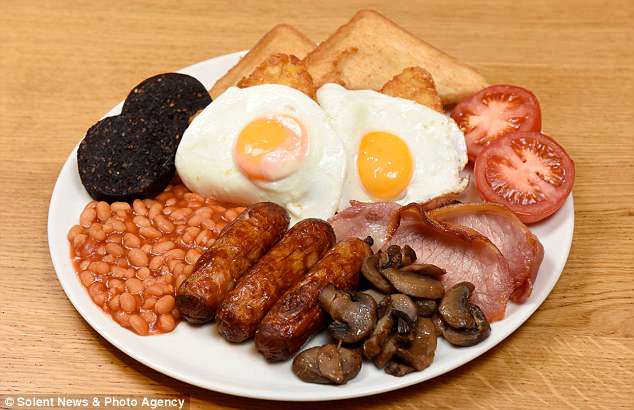If you look very closely, you might see a common thread between all three news items below:
- Three killed, including two female police officers, in Belgian horror
- Dutch police shoot a man who was shouting ‘Allahu Akbar’ as he tried to attack them with an axe
- A knifeman has been shot dead after he stabbed and seriously injured two people on board an intercity train in Germany
No? Let’s take a wild, outta-left-field guess…




